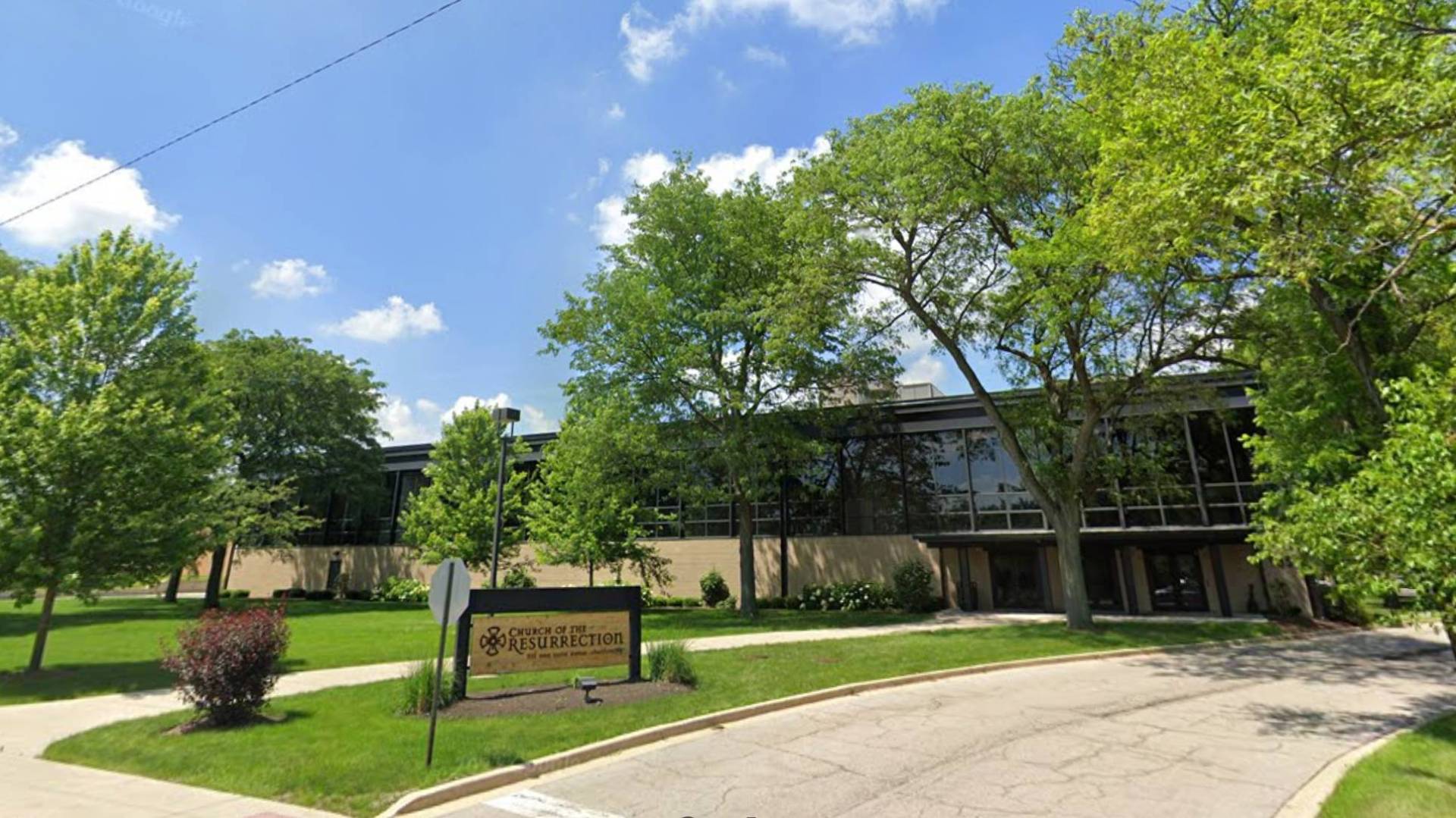As investigations into sexual abuse and abuse of church power get underway in the Anglican Church in North America’s Upper Midwest Diocese, at least five individuals who say they experienced sexual or spiritual abuse in the diocese say they will not participate in one or both of the investigations due to concerns about transparency.
In an announcement by the 13-year-old denomination on Sunday, survivors of abuse were given information about how to contact two firms, Husch Blackwell and Telios Law Firm, that will conduct parallel investigations into sexual abuse and abuse of ecclesiastical power, respectively. The denomination also furnished a number for ACNA’s confidential support hotline and said that there is a fund to assist sexual abuse survivors.
But the announcement did little to answer accusations from a group called ACNAtoo and others that the investigations do too much to protect the church. It comes weeks after three of eight people appointed to a Provincial Response Team to oversee the sexual abuse investigation resigned, saying the team’s process “never felt survivor-centered.”
Ten people have come forward since 2019 to accuse Mark Rivera, a former lay minister in the Upper Midwest Diocese, of sexual assault and child sexual abuse. Others have said Bishop Stewart Ruch III, who has been on a leave of absence since July, and other church leaders created a toxic culture of submission and control at Church of the Resurrection, the diocesan headquarters.
ACNA, a denomination of about 127,000 people, began as a group of dissenters from the Episcopal Church who disagreed with its stances on same-sex marriage and LGBTQ ordination.
One woman whose young daughter reported being sexually abused by Rivera in 2019 echoed the demands of ACNAtoo, which has asked ACNA to waive attorney-client privilege and disclose the letter of engagement, or contract, between Husch Blackwell and ACNA.
“I have no reason to believe that anything about this investigation is independent,” said Cherin Marie, who asked that her last name not be used, to protect her family’s privacy.
Because of that lack of independence, Cherin Marie said, her daughter won’t participate. “Witnesses are in essence being asked to undergo interviews by the ACNA’s lawyers, who have a fiduciary duty to the ACNA, not the survivors,” she said.
A woman named Holly who is another alleged victim, and who also asked to keep her last name private, has likewise declined to participate in the sexual abuse investigation. “ACNAtoo has been fighting for a safe investigation on my behalf and the ACNA has chosen to completely disregard the wishes and requests of many of Mark’s victims, including mine,” she said.
Amers Goff, who says they experienced ecclesial abuse in the Upper Midwest Diocese, told Religion News Service they were still deciding whether to participate in the investigation into abuse of church power. Goff attended Church of the Resurrection, headquarters of the Upper Midwest Diocese, between 2004 and 2010.
“I haven’t chosen to participate so far because I don’t think my story will be taken seriously,” said Goff, who is nonbinary. Goff said they are concerned about trusting their story with an institution that is not affirming of LGBTQ individuals.
Joanna Rudenborg, who has reported being sexually abused by Rivera, echoed Goff’s concerns about the lack of clarity around what ACNA might consider spiritual abuse.
In Sunday’s announcement, ACNA leadership said, “We will not shield anyone who has committed abuse or engaged in misconduct from the scrutiny of an impartial and objective investigation that seeks the truth. Our great desire is that the Anglican Church in North America will be a safe place for adults and children, the broken-hearted and the vulnerable.”
While some individuals have said church leaders in the Upper Midwest Diocese exposed them to conversion therapy or pressured them to stay in abusive marriages, “the Province’s interpretation may be that these are just differences of theology,” Rudenborg told RNS.
Rudenborg said the recent resignations of three ACNA Provincial Response Team members have only added to her concerns about participating in the investigations.
Autumn Hanna VandeHei, Gina Roes, and Christen Price resigned on January 17 and, in a public letter, said the Provincial Response Team had dismissed their recommendations about being sensitive to survivors in public communications and failed to promptly deliver financial assistance to victims.
They also told RNS that while the Provincial Response Team received correspondence from survivors of abuse and concerned friends and family, “almost none of that correspondence was even mentioned, let alone forwarded, to us.”
Days after the three resigned, the remaining team members issued a response saying “it would not serve the survivors or the investigative process to debate them at this time.” They have not specified what points of disagreement they may have.
The three former team members also told the RNS that they have not seen Husch Blackwell’s contract with ACNA. Price, an attorney whose role on the team was to assist with vetting and choosing an investigative firm, said other members of the team declined to show her the contract prior to her resignation.
The former team members told RNS that ACNA leadership ought to “apologize to the survivors, include the Province within the scope of the investigation, and waive attorney-client privilege.”
Kathleen McChesney, former executive director of the Office of Child Protection for the US Conference of Catholic Bishops, said that ACNA might learn from the Catholic Church’s response to abuse crises. “The most important lesson … is that the ACNA should respond to persons who report abuse with care and concern—and listen to what they have to say,” she said.










